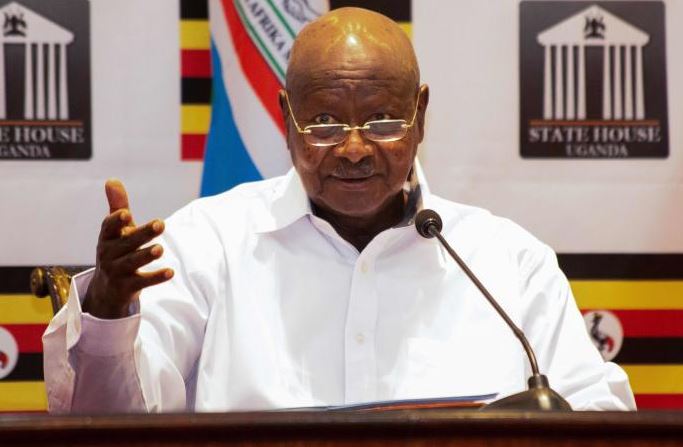×
The Standard e-Paper
Kenya’s Boldest Voice

After being spared the shocking calamity that ravaged Europe, the continent is witnessing a steady increase in cases. As countries closed borders and instituted lockdowns, some leaders are now playing catch-up after waving the denial card for far too long.
The novel coronavirus has so far claimed over 210,000 lives globally, crippled healthcare systems in some of the most socially advanced countries while threatening to bring down leaders whose tenures seemed well cemented before the pandemic.